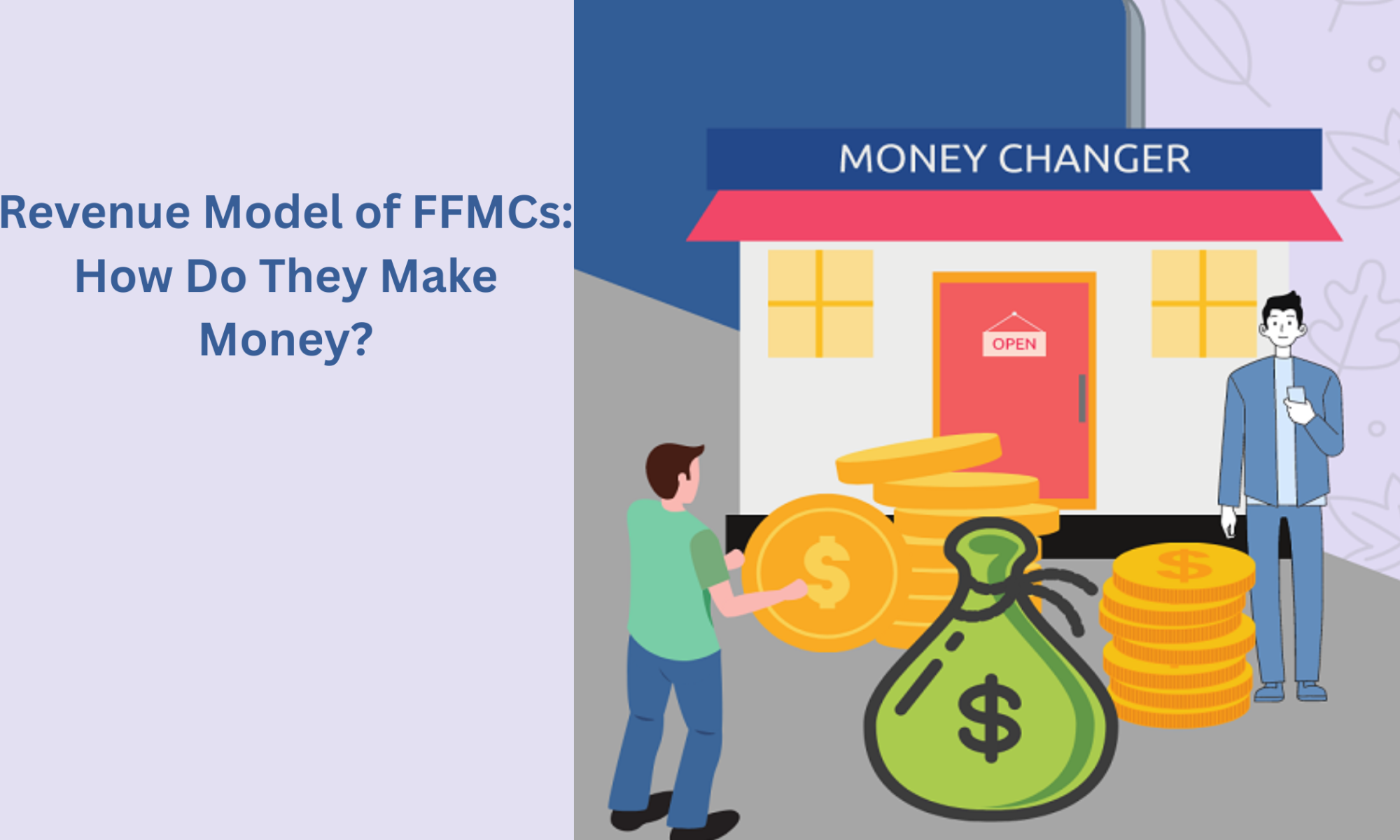In India, the foreign exchange business plays a vital role in supporting international travel, trade, and remittances. Full Fledged Money Changers (FFMCs) are at the heart of this ecosystem, providing essential services like currency exchange, foreign currency drafts, and traveler’s cheques. To operate legally, these businesses must obtain a Full Fledged Money Changer License in India (FFMC License in India), issued by the Reserve Bank of India (RBI). But how exactly do FFMCs generate revenue? Let’s break down their revenue model.
What Are FFMCs?
An FFMC, or Full Fledged Money Changer, is an entity authorized by the RBI to buy and sell foreign currency for specific purposes such as travel, education, medical treatment abroad, and business transactions. Without a valid FFMCs License in India, no business can legally deal in foreign exchange. Today, many applicants also explore the option of applying for an FFMCs License Online for ease and compliance.
Revenue Streams of FFMCs
1. Currency Exchange Margins
The most common revenue source for FFMCs is the margin between the buying and selling rates of foreign currency.
- Buying Low, Selling High: FFMCs purchase foreign currency at a slightly lower rate and sell it at a higher rate, earning a margin.
- Example: Buying USD at ₹83.00 and selling at ₹83.50 gives them a margin of ₹0.50 per dollar.
2. Service Charges and Commissions
FFMCs charge service fees for facilitating transactions.
- Issuing traveler’s cheques, prepaid forex cards, and foreign currency drafts often involve commission-based earnings.
- Customers also pay transaction fees for additional services.
3. Forex Cards and Traveler’s Products
Prepaid forex cards are a growing revenue stream for Full Fledged Money Changers.
- Customers loading forex cards for travel abroad pay a loading fee.
- Unutilized balances, reload charges, and cross-currency usage fees further add to revenues.
4. Corporate Forex Services
Many FFMCs cater to businesses engaged in international trade.
- Corporate clients require bulk currency exchange, foreign currency drafts, and outward remittances.
- Servicing these clients ensures higher transaction volumes and stable income.
5. Interest on Float Balances
Funds maintained in forex card accounts or preloaded traveler’s products generate float income for FFMCs. Although indirect, this adds a significant contribution to their revenue model.
Why an FFMC License Matters
To ensure legal compliance and trust, every business dealing in foreign exchange must secure a Full Fledged Money Changer License in India. The RBI’s approval process involves stringent checks, making it essential for applicants to consult experts while applying for an FFMCs License Online. Holding a valid Full Fledge Money Changer License in India not only builds customer confidence but also allows the business to operate without regulatory risks.
Conclusion
FFMCs earn revenue through currency exchange margins, service charges, forex cards, corporate services, and float balances. With globalization increasing the demand for forex services, the sector offers promising opportunities for entrepreneurs. However, success depends on securing the right approvals, particularly the FFMC License in India, and managing operations efficiently. By leveraging both offline and online FFMCs license in India application processes, businesses can tap into this profitable industry while staying compliant with regulations.

